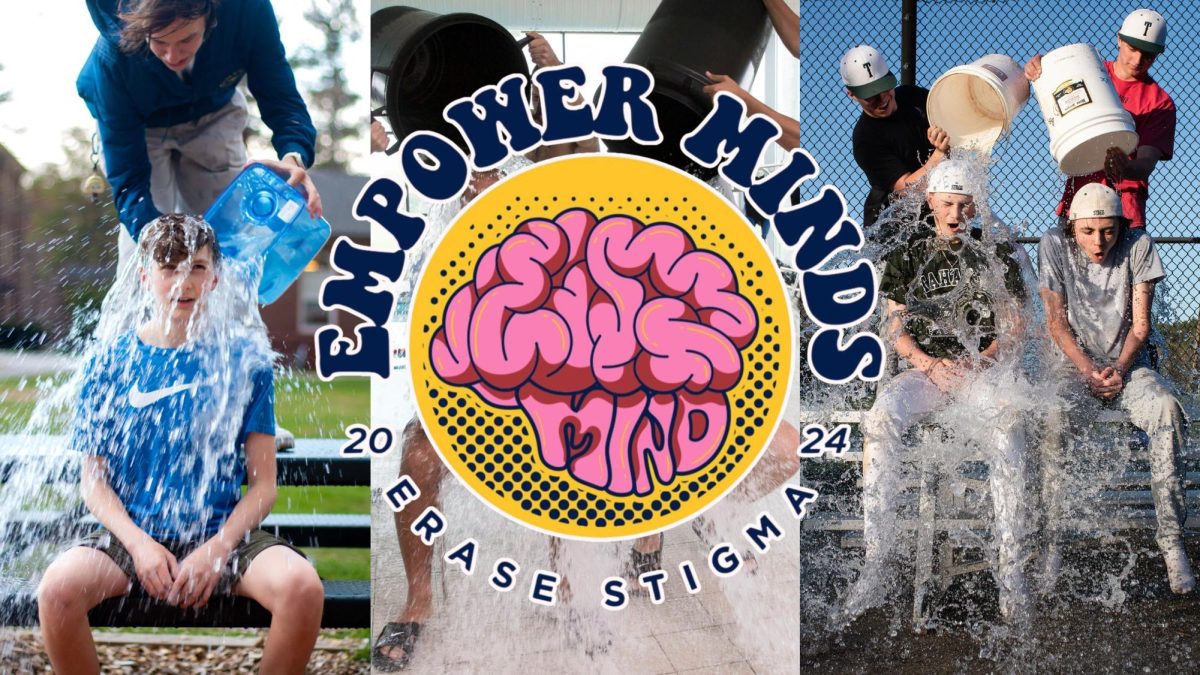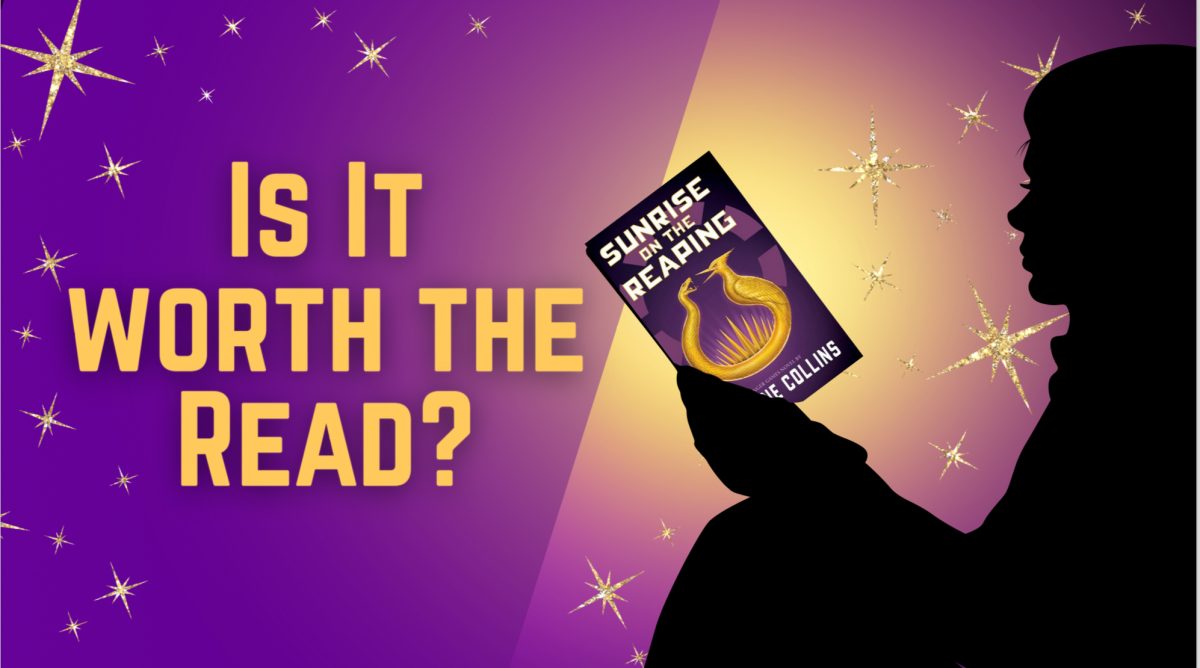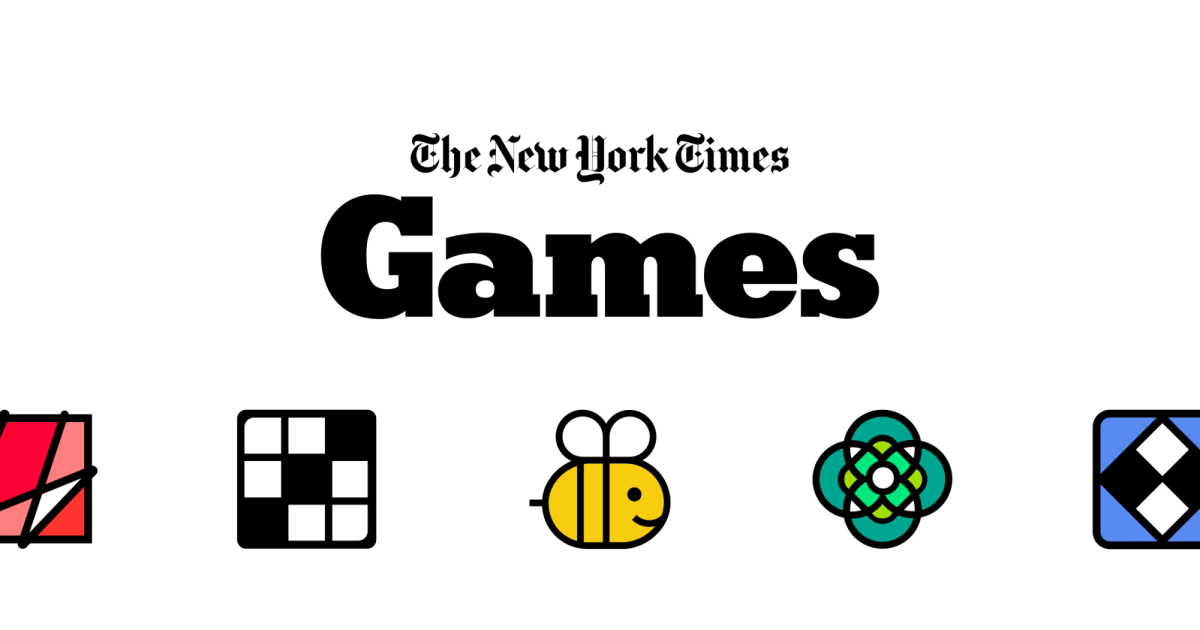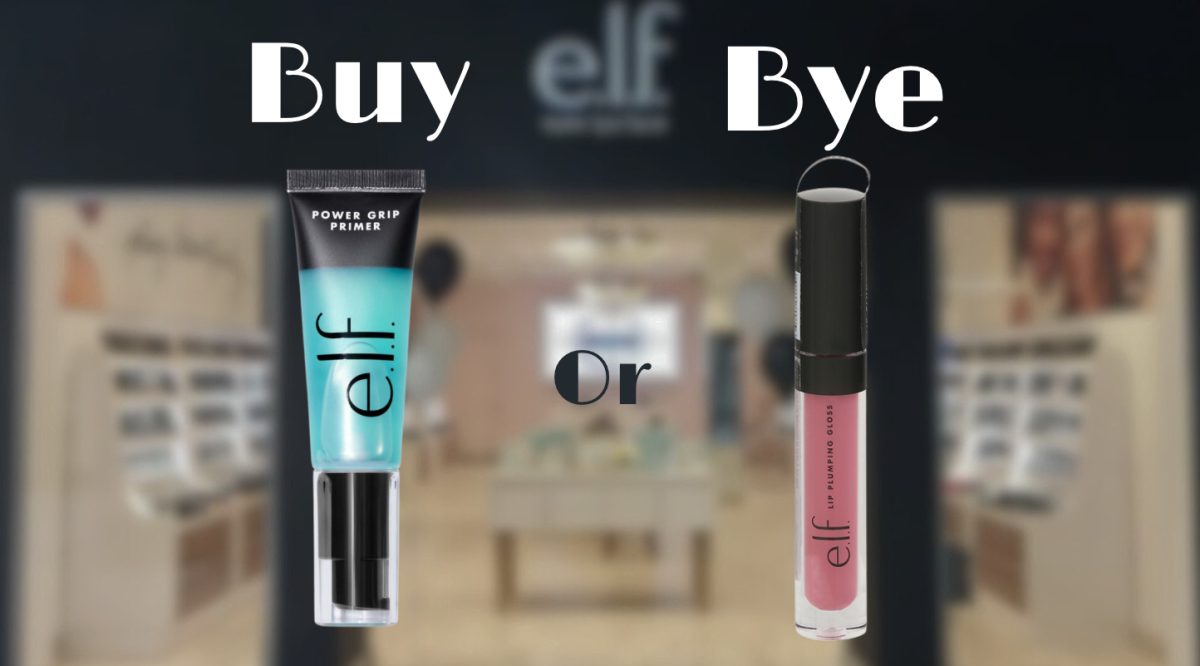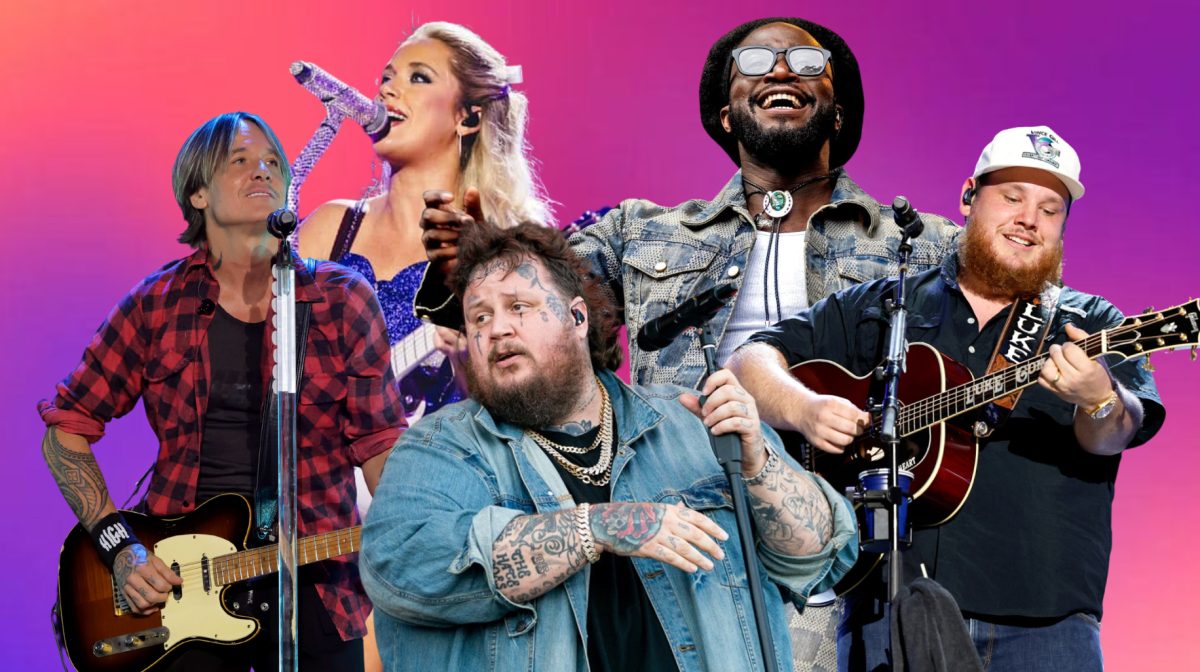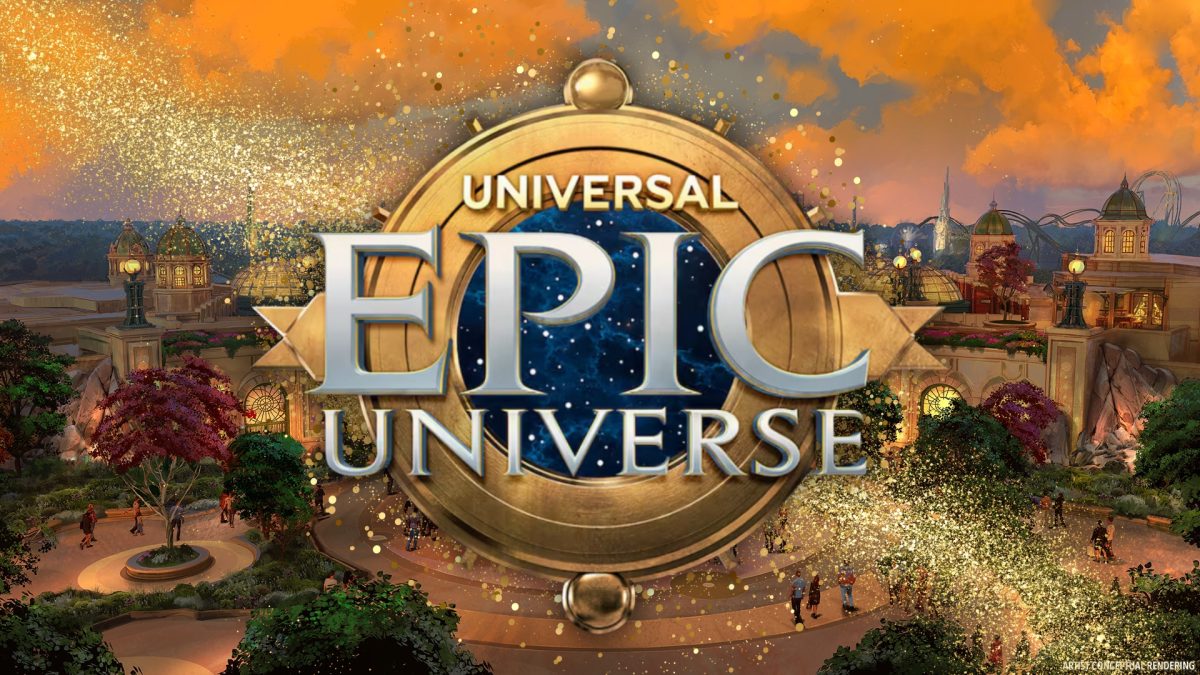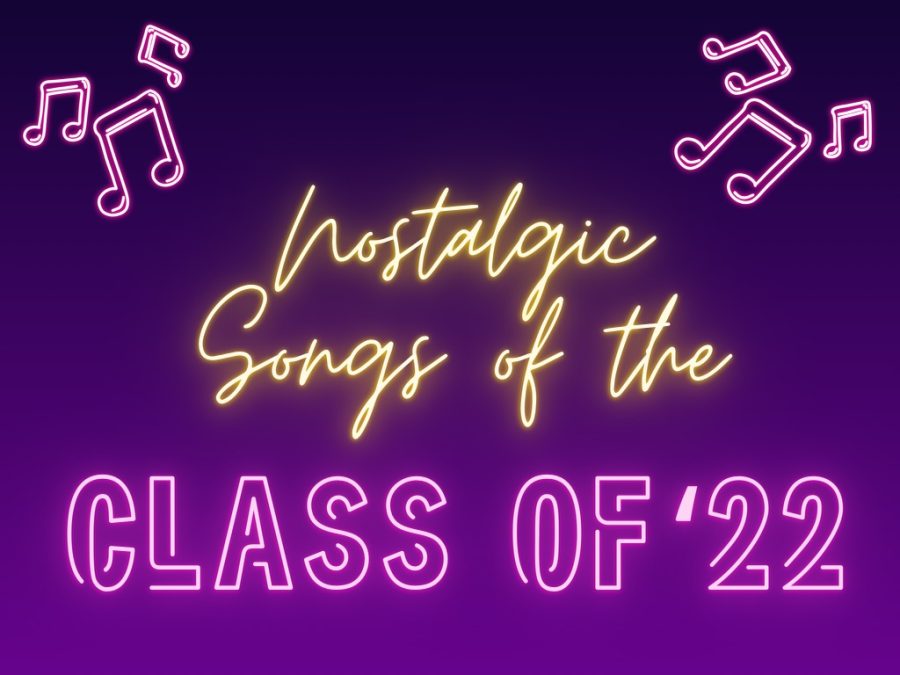In 2014, the world watched as celebrities, athletes, and even the President drenched themselves in ice-cold water to support a cause few had heard of before: amyotrophic lateral sclerosis (ALS). The viral Ice Bucket Challenge of 2014 wasn’t just a quirky internet trend—it was a movement that raised over $115 million for ALS research and mimicked the shocking sensation of the disease’s early symptoms (ALS United North Carolina). Now, in an unexpected revival, the challenge is making a comeback, but this time with a bold new message: mental health awareness.
Now, more than a decade later, the #SpeakYourMIND Challenge, launched by USC’s Mental Illness Needs Discussion (MIND) club, keeps the core concept of the original campaign-ice water, a camera, and a call to nominate others-but shifts the focus to mental illnesses. The campaign supports Active Minds, a nonprofit dedicated to promoting mental health awareness and education for young people. It has already raised more than $100,000 in donations as of early May (NBC News).
The idea came from USC junior Wade Jefferson, who founded the MIND club after losing two friends to suicide. What started as a small project with a $500 goal quickly turned into a widespread social media movement. “We wanted to normalize conversations around mental health and make them more accessible,” Jefferson explained. “It’s surreal to see how far it’s reached” (NBC News).
Similar to the ALS Ice Bucket Challenge, this new version has garnered national attention, with participation from notable figures like former NFL quarterbacks Peyton Manning and Emmanuel Sanders, helping the campaign gain momentum beyond the USC campus.
Brett Curtis, director of community fundraising and events at Active Minds, acknowledged how nonprofits are constantly searching for their version of the Ice Bucket Challenge. “I think fundraising professionals, nonprofits and causes have sat around tables for years trying to say, ‘What’s going to be our ice bucket challenge,’” Curtis said. “I do think there’s a little irony in that it is just the ice bucket challenge again, this time to talk about mental health” (NBC News).
While some question whether social media challenges create lasting impact—or if participants even understand the meaning behind them, rather than simply jumping on the latest trend—Curtis emphasized that the initiative was never just about raising money. “Donations were always secondary,” he said. “This was a chance for us to support a group of students, and that’s always been our mission” (NBC News).
The Speak Your MIND campaign showcases how digital movements can rapidly evolve and adapt to new generations. What began as a campaign about a physical illness has now grown into one that gives a platform to the unseen and unrepresented internal battles that many face.

